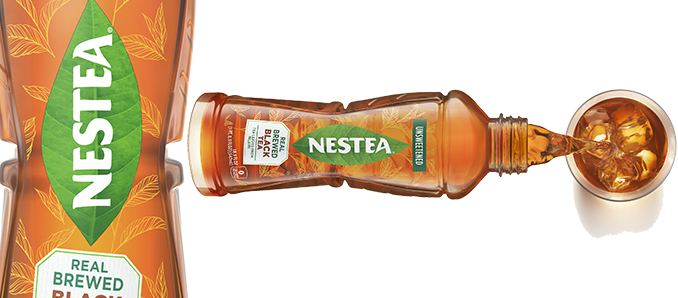Mexico is awash with hundreds of varieties of corn, some of which have been cultivated for centuries, all of which represent the region’s biological and cultural history. Today, Abasolo Ancestral Corn Whisky is proud to pay homage to this heritage with the launch of their 100% ancestral corn whisky.
There is a traditional Mexican saying evocative of a key pillar of the nation’s identity: “Sin Maíz, No Hay País,” or “Without Corn, There is No Country.” In today’s current climate, with many facing the challenges and uncertainties of COVID-19, Abasolo believes there is no hospitality industry without the bartenders, servers, chefs and more at the heart of it. As such, Abasolo is launching with a commitment to donate 100% of its profits to the hospitality and bar industry. From now until August 1st, all global profits from Abasolo Ancestral Corn Whisky will go to Another Round Another Rally – a US nonprofit that raises emergency funds for hospitality workers who are facing economic hardships due to the COVID-19 emergency – and forthcoming partners in Mexico.
“Starting a new venture isn’t easy at any time, and it’s rarely done alone — there are so many people who helped bring us to life,” said Moises Guindi, Co-Founder and CEO of Casa Lumbre. “While we can’t control what is happening in the world right now, we can control how we do business, and that is all in, 100%. We wanted to keep moving forward by finding a way to support those who have given so much to us during this unprecedented time.”
The journey to crafting this 100% ancestral Mexican corn whisky began with Co-Founder and Master Distiller Ivan Saldaña, whose work has focused on preserving Mexican spirits and their endemic raw materials. He tested dozens of heirloom varietals of corn until he landed on Cacahuazintle (pronounced kaka + wha + SINT lay), a locally grown, GMO-free variety that has been passed down by generations of local farmers. The thick, textured kernels provided the boldest flavors. These flavors are further drawn out by a 4,000-year-old traditional process called nixtamalization, in which the corn is soaked and cooked in an alkaline solution (usually a lime bath), washed and then hulled. Commonly used before corn is ground into masa and made into tortillas or other Mexican staples, nixtamalization unlocks the full flavor profile and aromas of the ancient crop.
Nixtamalization, though never before used in spirits production, has remained a largely unchanged technique since it was developed thousands of years ago in Mesoamerica and used by civilizations such as the Mayans, Aztecs, and Olmecs. When used in the production of Abasolo, the process allows the distillery to leave other grains out of the mash, cementing Abasolo’s status as Mexico’s first pure ancestral corn whisky.
All of this happens at Destilería y Bodega Abasolo, the first-ever distillery dedicated entirely to Mexican whisky made from Mexican ancestral corn, located in Jilotepec de Molina Enriquez. There, the liquid undergoes double distillation in handcrafted copper pot stills and is finished in new toasted and used oak casks. The result is a unique and distinctive taste rooted in and derived from Mexican tradition and history.
Deep and smooth, you’ll get roasted corn on the nose along with hints of leather and vanilla, and a sip will unlock notes of black tea, toffee, and honey.
Drinkers can enjoy the distinct flavors of Abasolo in a variety of ways. Serve neat or on the rocks to experience a pure flavor profile or mix with Nixta Licor de Elote, the distillery’s other corn-based liqueur, and bitters for a Jilo Old Fashioned. For a refreshing take on a highball, combine Abasolo with Topo Chico sparkling water for an Abasolo y Topo, or pair Abasolo with Coconut Water for an Abasolo y Coco.
“We’re excited to introduce something truly new to the world whisky category,” says Ivan. “Historically, whisky classification has been defined by the traditional Scotch, Irish and American identities. We’re not only bringing to life a product that is extremely unique, both in taste and process, but we are doing so by highlighting the culture and ingredients endemic to our land to innovate in an already vibrant and rich category.”








